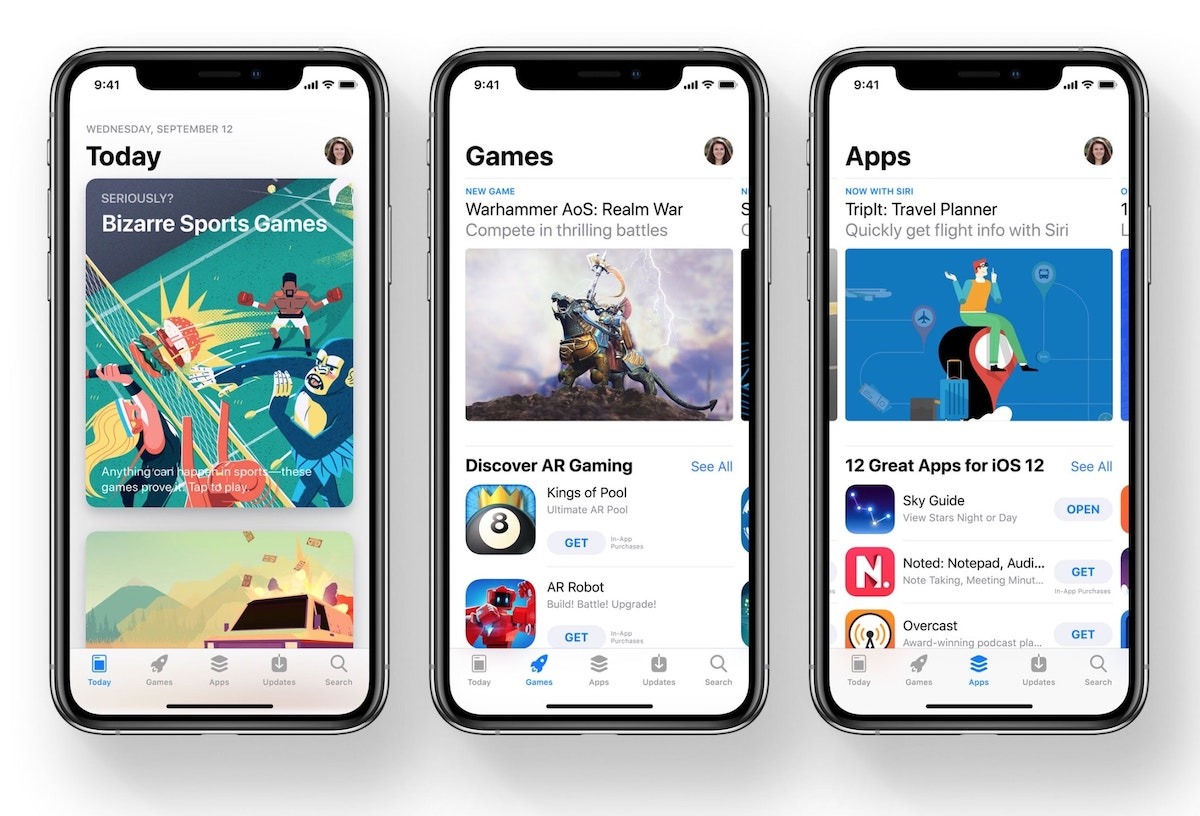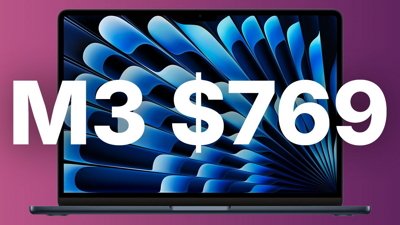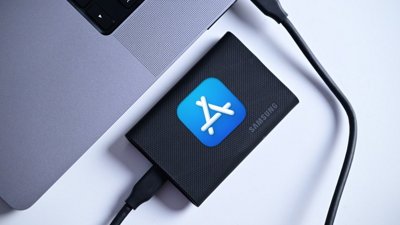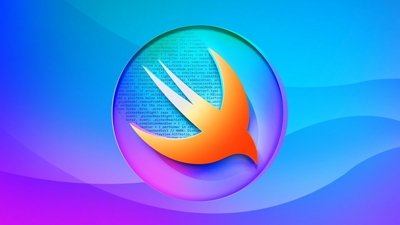The chairman of the U.S. House Subcommittee on Antitrust characterized Apple's App Store fees as a "highway robbery" in a recent interview.
Apple takes a 15% to 30% of in-app purchases made on the App Store, and it has guidelines in place preventing developers from encouraging users to circumvent the App Store for subscriptions.
Those App Store fees have become a hot topic of conversation after reports that Apple threatened to remove email app "Hey" because of its lack of in-app purchase options.
Rep. David Cicilline, the house antitrust committee chair, recently sat down with The Verge and Basecamp CTO David Heinemeier Hansson, one of the developers of Hey, to discuss the App Store fees on the latest episode of The Vergecast.
"Because of the market power that Apple has, it is charging exorbitant rents — highway robbery, basically — bullying people to pay 30 percent or denying access to their market. It's crushing small developers who simply can't survive with those kinds of payments. If there were real competition in this marketplace, this wouldn't happen," Cicilline said.
The representative went on to explain that he has heard from "many people" who are afraid of economic retaliation. "This is a real problem in the marketplace. This is a direct consequence of enormous market power, the fact that Apple is the gatekeeper for these developers," Cicilline added.
Although Apple created the platform and associated hardware for App Store apps, Cicilline said that the company shouldn't be charging high fees for use of those solutions.
"You cannot simply allow someone merely because they invented a system or a product to continue to enjoy that kind of monopoly power," Cicilline said. "It's contrary to our laws. It's unfair to new developers, new startups, and it hurts consumers."
Heinemeier Hansson has been vocal about Apple's handling of the Hey app. Just a day prior to the interview, he took to Twitter to say that Apple blocked software updates for the platform and threatened to remove it. On Thursday, Apple reportedly rejected Hey's appeal to keep its app on the App Store in its current state, Axios reported.
The Hey app did not contain an in-app option to purchase subscriptions, which is required by Apple for most types of apps. Instead, users of Hey must sign up for the platform on the company's website and log in with their credentials.
Apple had originally approved the app, though it told Protocol that the app's approval was a mistake. The Cupertino tech giant said that it allows apps without in-app subscription options for business, but not consumer, services. It's worth noting that Spotify and Netflix do not contain in-app purchase options.
In 2019, the U.S. Department of Justice launched a probe into Apple's App Store activities. Heinemeier Hansson himself testified as part of the investigation in January.
Cicilline said that the antitrust probe is nearing its end and that a final hearing could be held as soon as July. He added that the committee has been attempting to get major CEOs to testify. The probe will result in a report, though Cicilline says that fixing any problems within it could require "regulatory action and statutory changes."
Although Apple chief executive Tim Cook declined, Amazon's Jeff Bezos, Facebook's Mark Zuckerberg and Alphabet's Sundar Pichai have agreed. Microsoft President Brad Smith, for his part, has voiced support for further investigation and possible regulatory action of app stores.
 Mike Peterson
Mike Peterson

-m.jpg)






 Christine McKee
Christine McKee
 William Gallagher
William Gallagher
 Thomas Sibilly
Thomas Sibilly
 Andrew O'Hara
Andrew O'Hara
 Amber Neely
Amber Neely
 Marko Zivkovic
Marko Zivkovic
 Malcolm Owen
Malcolm Owen
 William Gallagher and Mike Wuerthele
William Gallagher and Mike Wuerthele









35 Comments
There is a “be careful what you wish for” aspect to these complaints. If Apple is forced to change this simple business model, the resulting approach could well be less friendly to small developers. I don’t know, and I don’t know if it is known, what portion of Apple’s cut goes to the costs of maintaining the App Store, the review process, advertising, and so on. I’ll guess it is significant.
You know how to handle the 15% or 30% cut Apple takes? Charge more.
Since few are getting a special deal, its fair by definition.
Android I guess costs less. So, program for Android. Nobody is stopping them.